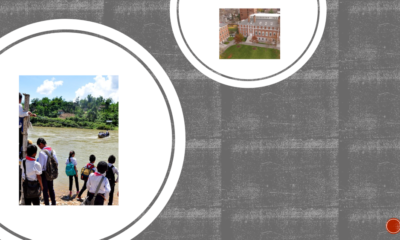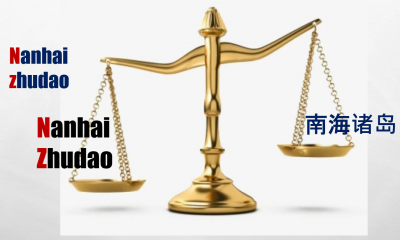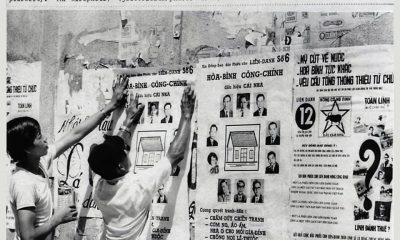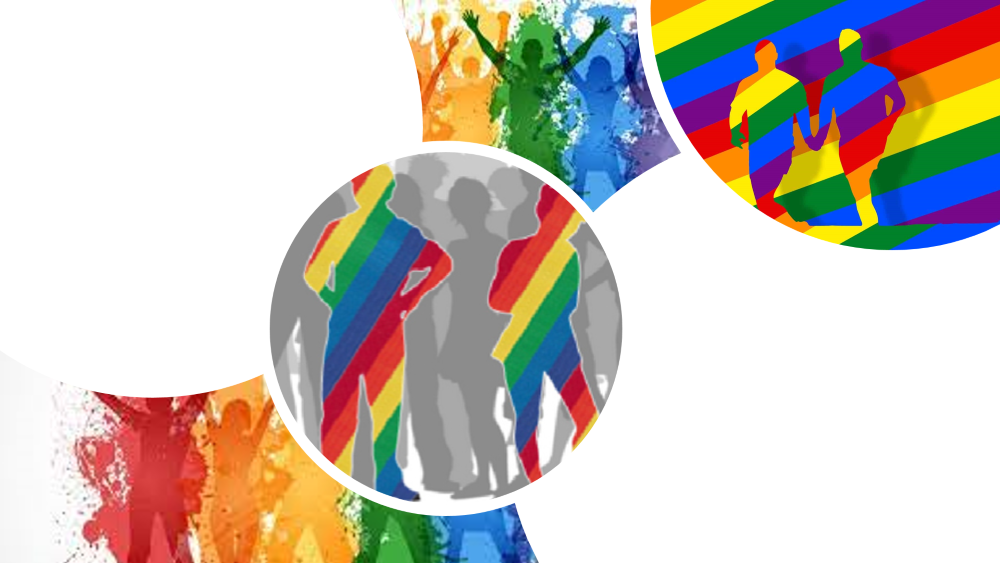Beyond Silence: Understanding Sexuality and Queerphobia in the Vietnamese American Community (Part 1)
Anna Nguyen
Much has been said about the kinds of factors that shape how sexuality is perceived in the Asian American community. In broad terms, a study by Daeshin Ju observes that attitudes toward homosexuality are demarcated by generation.[1] Second generation Asian Americans are more likely to accept homosexuality and support legal protections for sex-based discrimination than their immigrant parents. More specifically, well-assimilated Vietnamese Americans have more positive attitudes toward homosexuality in their own communities.[2]
The intersection between the LGBTQ+ and Asian American communities is one of great complexity. A 2013 report from the Williams Institute shows that 2.8% of Asian and Pacific Islander Americans identify as LGBTQ.[3] 9.3% of survey respondents in same-sex relationships listed Vietnam as their country of origin. Although visibility of the queer Vietnamese American community has become a bit sharper over the past few years, these connections remain rather tenuous.
In the 1990s, a group called Ô-Môi formed as a support space for queer Vietnamese Americans in Southern California. Ô-Môi built their social infrastructure by organizing events and facilitating other activities that would be conducive to the construction of a “safe” environment.[4] Amazin LeThi is a keynote speaker, athlete, and local celebrity who forged her career around advocacy for LGBTQ rights. She is known for both her bodybuilding accomplishments and ambassador work for various LGBTQ campaigns and organizations.[5]
These efforts to politicize the queer Vietnamese American identity are admirable in their own right. Other celebrities or organizations doing advocacy work for these communities likely exist, but the fact that they are not easily identifiable signals something deeper about how sexuality is addressed in the Vietnamese community. What seems to be missing is a deeper understanding of how queer Vietnamese Americans navigate the tensions between their identities and externalize it in a visible manner.
This interview series consists of two conversations that grapple with the construction of a Vietnamese American queer politics. Nghi Vo (she/her), a second-generation Vietnamese American from Illinois, is a writer of fantasy and science fiction novels. She has written several short stories and books: The Empress of Salt and Fortune (2020), The Chosen and the Beautiful (2021), and Siren Queen, forthcoming in 2022. Her first full-length novel, The Chosen and the Beautiful, is a reimagination of The Great Gatsby with a bisexual Vietnamese woman as the protagonist. Vo explores themes of gender, power, and queer politics in her writing, and this work has led her to win the Crawford Award and become a finalist for the Hugo, Locus, and Ignyte Award.
Dr. Ly Nguyen (she/they) is an assistant professor of Asian American Studies and Critical Race and Ethnic Studies at Augsburg University. They were born in Vietnam and immigrated to the United States to complete their graduate studies. As a bilingual queer scholar, translator, and artist, Dr. Nguyen’s academic work engages with experiences of cultural and war-related trauma among refugee communities. Their interest in critical refugee studies also plays a role in their scholarship on transnational histories of war, race, and empire. Some of Dr. Nguyen’s recent projects include the Little Saigon Stories project, Alphabet for Social Justice Project, and the Vietnamese Solidarity and Action Network for Abolition.
The following interviews illustrate the complex terrain of queer politics in the Vietnamese American community. Several themes—silence, violence, and respectability—stand out across the two conversations. Because both interviewees are Vietnamese and queer, their understanding and analysis of each theme holds some degree of similarity. In this context, silence refers to the result that comes about when social norms or cultural behaviors implicitly shame and repress the expression of queerness in the Vietnamese community. Violence, on the other hand, illustrates how political and bodily forms of harm impact queer Vietnamese in ways that appear to be much more explicit. Silent and violent forms of queerphobia ultimately coalesce in the development of a respectability politics that compels gay, lesbian, transgender, and queer people to assimilate into heteronormative spaces.[6] For queer Vietnamese Americans with intimate ties to their family or larger community, the pressures of respectability are twofold. They are tasked with the challenge of legitimating their identity in political arenas that perpetuate queerphobia silently (in the Vietnamese household or community) and violently (in public spaces that are typically non-Vietnamese).
There are many cultural norms—such as filial piety, respect for elders, and the importance of reputation—present in the construction of the Vietnamese household.[7] While these norms strengthen family cohesion, they also reproduce assumptions about what a traditional Vietnamese family should look like. Both interviewees argue that the Vietnamese household, as it is seen today, is heteronormative, patriarchal, and governed by a deference to authority. In her interview, Vo suggests that a widespread defense of this standard—and the tendency to moralize any deviance from it—leads to a pattern of silence among queer Vietnamese youths who struggle to externalize their sexuality. These two interviews seem to argue that while queerphobia in the Vietnamese community is less visible (and thus harder to identify), its repercussions are by no means any less significant.
Both interviews were recorded, transcribed, and edited for clarity and length. The next part of this series details the conversation I had with Nghi Vo, who I spoke to in early 2022. The third and final part of the series explores how and why queer Vietnamese Americans should work towards a future that legitimates an identity that is uniquely queer, uniquely Vietnamese, but fundamentally both.
[1] Daeshin Hayden, Factors shaping Asian Americans’ attitudes toward homosexuality, Ethnic and Racial Studies
Volume 45, 2022 – Issue 5, pages 851-874
https://www.tandfonline.com/doi/full/10.1080/01419870.2021.1884732.
[2] THANG D. LUU, ROBERT A. BARTSCH, Relationship Between Acculturation and Attitudes Toward Gay Men and Lesbians in the Vietnamese American Community, Journal of Applied Social Psychology, Volume41, Issue11, 16 November 2011, pages 2621-2633,
https://onlinelibrary.wiley.com/doi/full/10.1111/j.1559-1816.2011.00840.x
[3] LGBT Asia and Pacific Islander Individuals and Same-sex Couples, the Williams Institute, , UCLA School of Law https://williamsinstitute.law.ucla.edu/wp-content/uploads/LGBT-API-People-Couples-Sep-2013.pdf
[4] Gina Masequesmay, Emergence of Queer Vietnamese America, Amerasia Journal, 29:1 (2003): 117-134 http://www.csun.edu/~gm61310/publications/queeringVA.pdf
[5] Amazin LeThi https://www.amazinlethi.com/about
[6] Brandon Andrew Robinson, Is This What Equality Looks Like? How Assimilation Marginalizes the Dutch LGBT Community, Sexuality Research and Social Policy volume 9, 27 April 2012, pages 327–336
https://link.springer.com/article/10.1007/s13178-012-0084-3
[7] Quynh Thi Nhu Nguyen, The Vietnamese Values System: A Blend of Oriental, Western and Socialist Values, International Education Studies; Vol. 9, No. 12; 2016
https://files.eric.ed.gov/fulltext/EJ1121509.pdf

 Politics & Economy3 years ago
Politics & Economy3 years ago
 Society & Culture4 years ago
Society & Culture4 years ago
 ARCHIVES4 years ago
ARCHIVES4 years ago
 Politics & Economy3 years ago
Politics & Economy3 years ago
 Politics & Economy4 years ago
Politics & Economy4 years ago
 Politics & Economy3 years ago
Politics & Economy3 years ago
 Politics & Economy4 years ago
Politics & Economy4 years ago
 ARCHIVES3 years ago
ARCHIVES3 years ago





